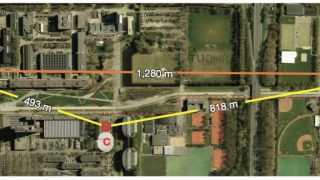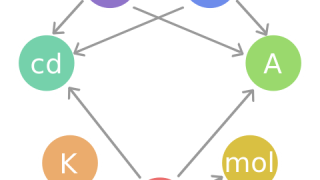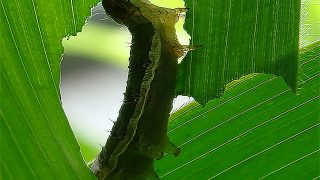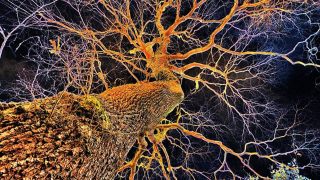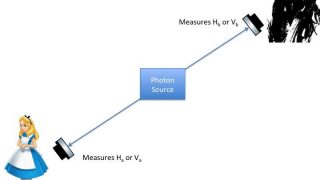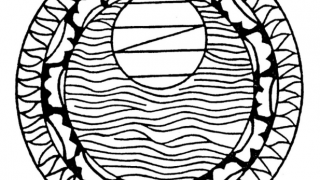
Columbus and the shape of the Earth, a “Holywood” story
It is said that Washington Irving’s biography of Christopher Columbus, published in 1828, was the work that started the legend that the discoverer of America was the person that convinced the ‘nearly medieval’ Europeans of his time of the sphericity of the earth, a legend that has captured the popular imagination since then. Nothing could […]


